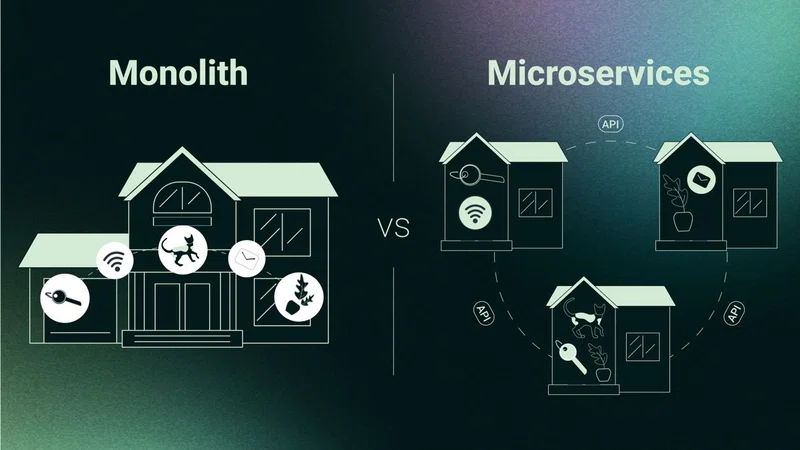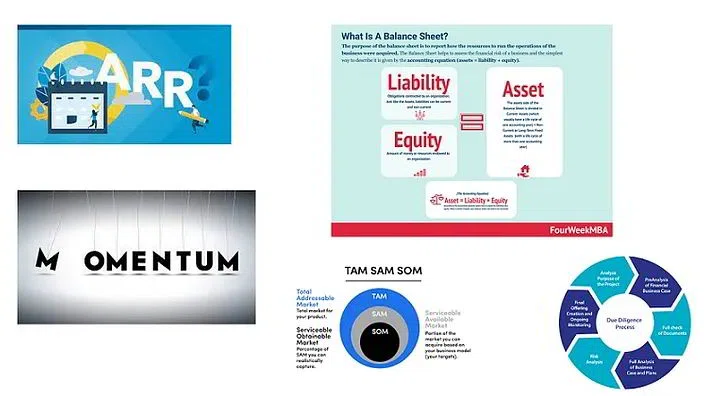Tech layoffs made a big splash in the headlines last year, and it’s a trend that’s continued into 2023. Twitter, Tesla, Microsoft and Netflix all cut staff in 2022, and so far this year we’ve already seen the likes of Amazon and Salesforce slashing jobs. The fallout from the demise of Silicon Valley Bank remains to be seen.
Looking at the fintech space in particular, we’ve experienced the ‘Fintech Winter’ – characterised by high inflation, rising interest rates, falling company valuations, and – of course – layoffs.
The challenges that fintechs are now facing are mirrored by the wider small and medium-sized enterprise (SME) sector. Recent research by Mastercard revealed more than two-thirds (69%) of small business owners in the UK believe there is a ‘cost of doing business’ crisis running in tandem with the much-publicised cost of living crisis. And 37% say that their annual turnover has fallen sharply since the start of 2022.
This increased cost of doing business is forcing young, ambitious fintechs in the UK and beyond to make some difficult decisions when it comes to hiring and developing talent. Amidst unprecedented economic restraints, how can they build the right team and maintain a strong, inclusive culture that will set them up for long-term success?
Here are some tips that fintech start-ups, and indeed other nascent companies, can adopt when it comes to identifying, attracting and retaining talent in these difficult times.
- Draw on the power of your network. I’ve seen lots of movement on LinkedIn in the fintech space recently. Despite widespread sudden job losses, it’s still a candidate-driven market – if you have work experience in fintech, you’re golden!
Founders and early employees tend to know the market very well and have extensive black books covering some of the best talent. Use this network when identifying and hiring talent, and bypass expensive recruiters and head-hunters where possible. - Look to those keen to change career. In the grand scheme of things, fintech is still a new sector. Before my current role, for example, I had some fintech experience but not a huge amount and decided to take a leap of faith into this exciting world. Lean on your company’s network to find people who are looking to enter this dynamic sector with the right transferable skills - be it marketing, product development, software engineering and so on.
- Open up a grassroots pipeline to support raw talent. Last year, we launched a mentorship and internship programme based at our Ozone API office in Pune, India. The programme, created by our Head of Engineering, Navneet Karnani, helps students gain valuable industry experience whilst they are still at university.
The programme provides a valuable learning opportunity for aspiring software engineers, helping them gain the skills and experience needed to succeed in the field. Our programme has specifically addressed the inequity in opportunities, with a particular focus on women and individuals who have not come from a place of privilege. It includes two phases where recruits first join the mentorship programme and then graduate into the internship programme. Of the first cohort of mentees, 80% progressed to become interns, and three interns, including two women, have now been hired as full-time employees. - Embrace diversity in its broadest sense. Go beyond gender, ethnicity and age – increase cultural diversity, skill diversity (hard and soft skills), diversity of work and life experience, as well as diversity of thought. We have more than eight nationalities in our growing team and this helps us to look at challenges and opportunities through a more global lens.
This approach has been proven to prompt greater innovation and boost the bottom line. According to McKinsey, truly diverse companies are likely to financially outperform their peers by up to 20%. - Work hard to maintain a truly inclusive and progressive culture. We’re all working remotely more in these post-pandemic times, yet it’s never been more important to foster an inclusive, close-knit company culture to combat challenges effectively.
At Ozone API, we have a monthly knowledge-sharing session that’s open to everyone in the company, who can present on their specialty, or a topic that’s close to their heart. This is followed by a virtual coffee meeting. It’s crucial for team building, and connecting with people you otherwise wouldn’t engage with regularly. I know some colleagues very well, despite having never met them in person.
Onboarding is one important aspect of a progressive culture that you absolutely have to get right. This can make or break a new hire – a poor onboarding experience can destroy a relationship with a new company. That’s why we’re launching an onboarding bootcamp and buddy system to offer a best-in-class experience. Faced with a limited talent pool, you also have to be self-critical of employee benefits and think how you can improve them to remain competitive in the market. - The importance of "fit"is as much about feeling as it is about fact. You can have someone who is fantastic on paper, but like any relationship, if the spark isn't there it may not be right. This is not necessarily about ticking skills and experience boxes, it's about whether the attitude and approach is right for the stage of the company, and whether the way of working is right for the culture of the company. It’s important to create a recruitment process that brings in different perspectives (in addition to the line manager) so both company and candidate can assess whether there is a good "fit" or not.
- Tap into relevant industry initiatives. These communities, and their events, can help you to identify and attract new talent, or upskill your existing talent. Two Marketing examples spring to mind – the Fintech Marketing Hub offers a treasure trove Slack channel including a jobs board and extensive resources; and Fintech B2B Marketing, which hosts regular roundtables, an annual conference, and facilitates networking and learning. The Women in Open Banking initiative by American Express and Open Banking Expo is another recent industry initiative that matches fintech talent with mentors and provides a platform for knowledge sharing and connection.











